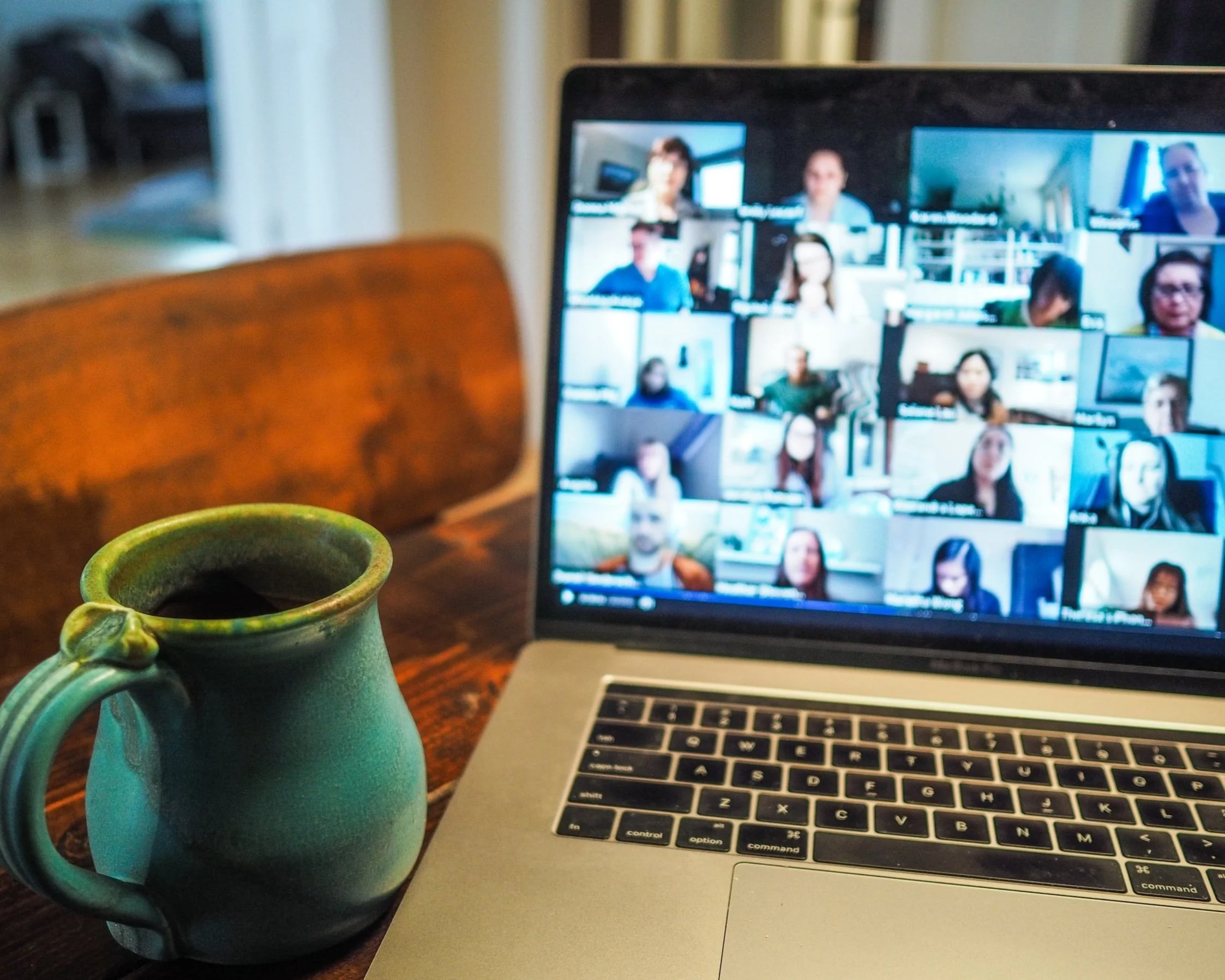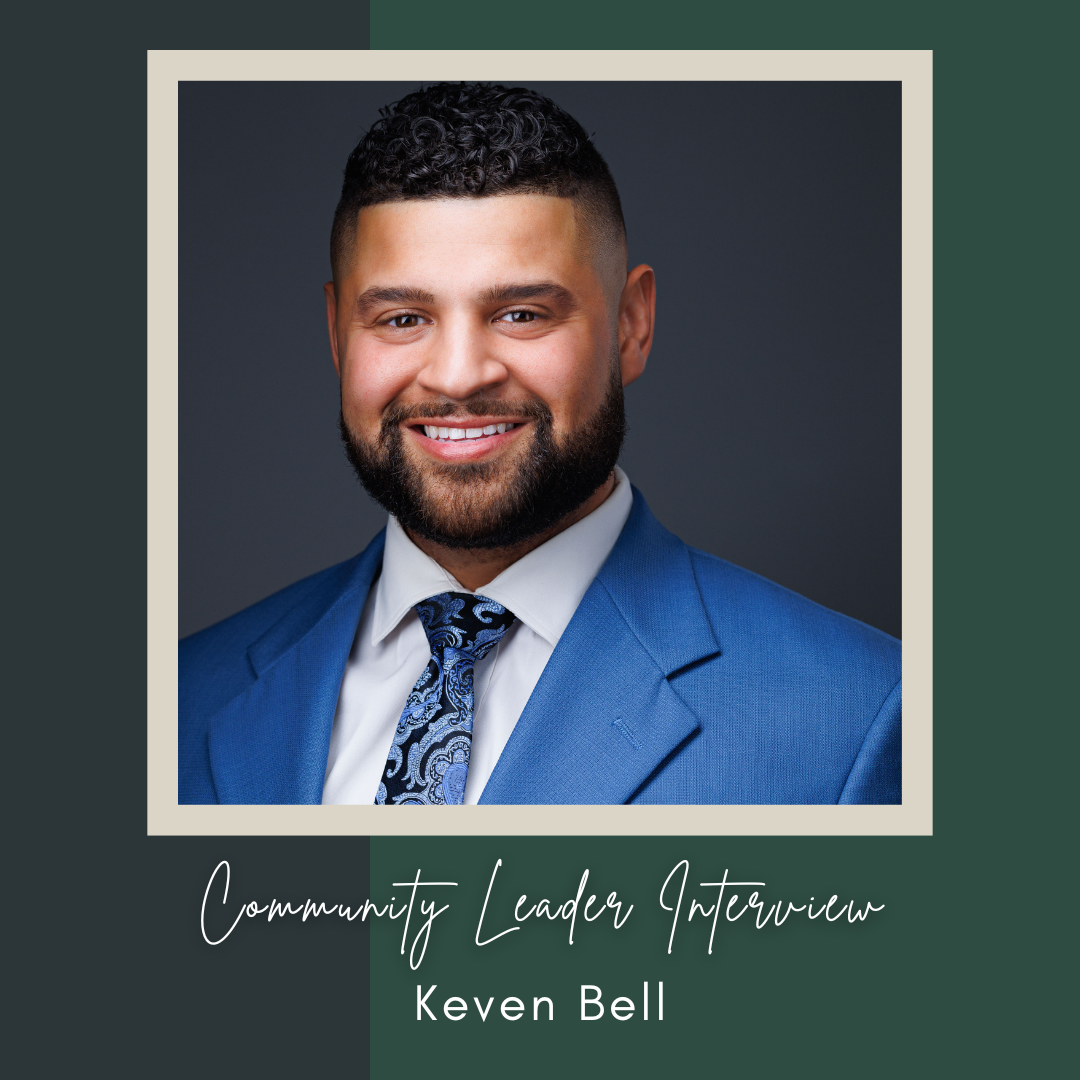Before, During, and After Your Time in the Room: Margaret’s Tips to Make Networking Work for You
Ah, the dreaded networking.
One of the most essential, yet difficult, professional skills
According to Mirriam-Webster, the definition of networking is, “the exchange of information or services among individuals, groups, or institutions[;] specifically, the cultivation of productive relationships for employment or business.” Seems straightforward, right? We wish; networking does not come naturally to everyone and certainly not for those just beginning their careers. So, how do we prepare for a networking event? How do we make the most of the experience? And what do we do with our hands? Margaret Nedow, FGPM Vice President answers these questions and more.
Before:
Inhale. Exhale.
We understand that networking can be daunting. Whether you are an introvert or an extrovert, navigating a room of strangers with the purpose of making professional connections can be intimidating for even the most seasoned professional. To calm your nerves and clear your mind prior to the event, take a few minutes to set an intention for your networking: do you want to find a mentor or a potential job? Find like-minded colleagues? Or do you simply want to practice your networking skills?
Remember to breathe and reset yourself prior to entering the event and every so often during your time in the room.
During:
Stay calm, stay present, stay high-level
Networking can often be difficult when we do not know what to say nor how to say it. One easy way to begin a networking event is to approach an existing conversation, rather than begin a new one. Smile or otherwise acknowledge the group upon arrival; simply nod and make brief eye contact. If the speaker pauses to greet you, return the greeting, introduce yourself, and simply say, “You were saying?” This directs the focus back to the speaker in a respectful and confident way.
Don’t worry if you get a little tongue-tied. Just be genuine.
During the event, listen first and speak second. When in doubt of what to say, ask the person’s name, ask where they work, what their job entails, what they find most valuable in your shared industry, etc. In terms of what not to say, we suggest staying away from non-professional topics, such as politics or religion.
Take notes in between conversations, if you can. write down the name or names of the person or group, a fact about them (bonus points for shared work or interests), and anything else relevant to the conversation. these notes will help with follow ups after the event and help you remember them for next time!
But what about the hands?
For Margaret, it’s about the efficiency
“I like to keep my right hand open and available to shake, speak, or greet with a hug if it’s someone I know. I also keep my business cards in my right pants pocket, to give out if possible. My left hand usually holds my water or beverage at events, which also helps to anchor me in conversation.”
If you don't have a drink, and you don’t speak with your hands, you can always put your hands in your pockets. You can also keep your phone, a paper clip, a small calming stone, or other small object in your hand/pocket/purse as an anchor or anxiety diffuser.
For a more scientific approach, check out this article from Science of People, “What to Do With Your Hands in Social Situations (& What NOT to Do).”
After:
Follow up for a lasting impression
After the event, make sure to follow up with anyone you exchanged cards with or verbally said you’d follow up with. This is how you show commitment, genuineness, and dedication in your professional demeanor. This follow up can be further enriched by making note of a unique fact or topic you bonded over at the event. By recalling back the conversation, you help create a connection that sets you apart, even in a busy networking setting.
Next, circle back with your intention - did you accomplish your goals for the event?
During your next event, don’t be afraid to go up to people you met at a previous event! That’s the end goal of networking . . . to create a network of connections! This important skill takes time to improve, but once you are confident in your skills, networking can greatly improve your career, including access to unique opportunities and help to achieve your goals.







